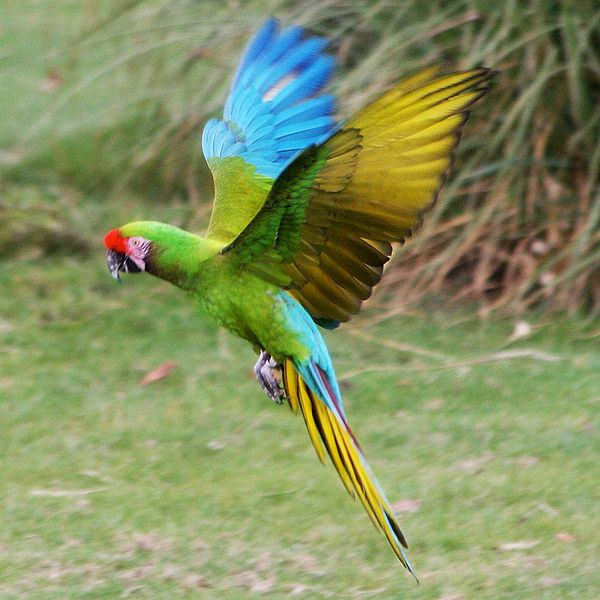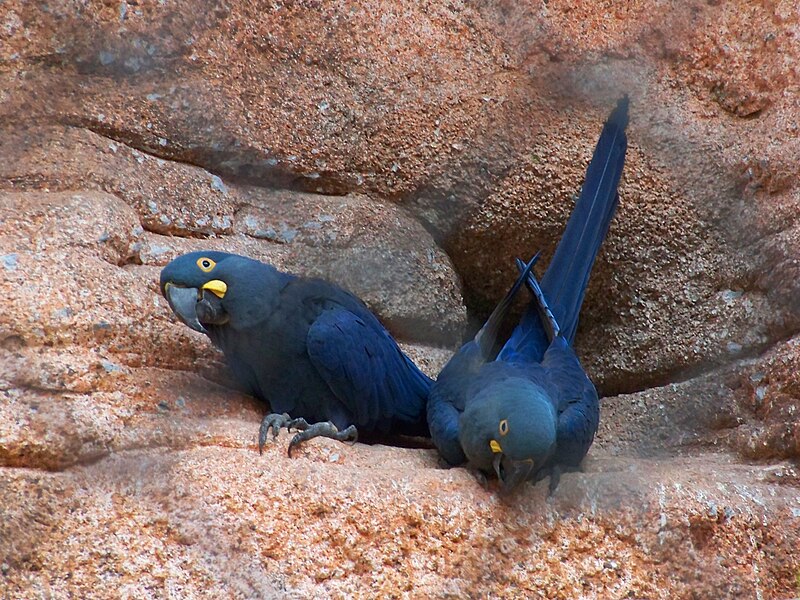 A wide array of habitat types and climatic conditions allow an incredible assortment of creatures to thrive in Columbia. In fact, this South American country is home to more bird species – 1,750 at last count – than anywhere else on earth.
A wide array of habitat types and climatic conditions allow an incredible assortment of creatures to thrive in Columbia. In fact, this South American country is home to more bird species – 1,750 at last count – than anywhere else on earth.
Wildlife and Birds Galore
Columbian takes up a mere 0.08% of the earth’s surface, but its wildlife accounts for 10-15% of the world’s animal species, and 19% of all known birds live there.
Included in this number are 15% of the world’s parrots – 54 species in all. The parrot diversity is staggering, and the country’s popularity as a bird-watching destination is growing. Within this avian paradise one can see 6 types of Macaw, 6 Amazons and such prizes as White-Eyed and Santa Marta Parakeets, Spectacled Parrotlets and Black-Headed Parrots. Read More »
 That Bird Blog – Bird Care and History for Pet Birds
That Bird Blog – Bird Care and History for Pet Birds

